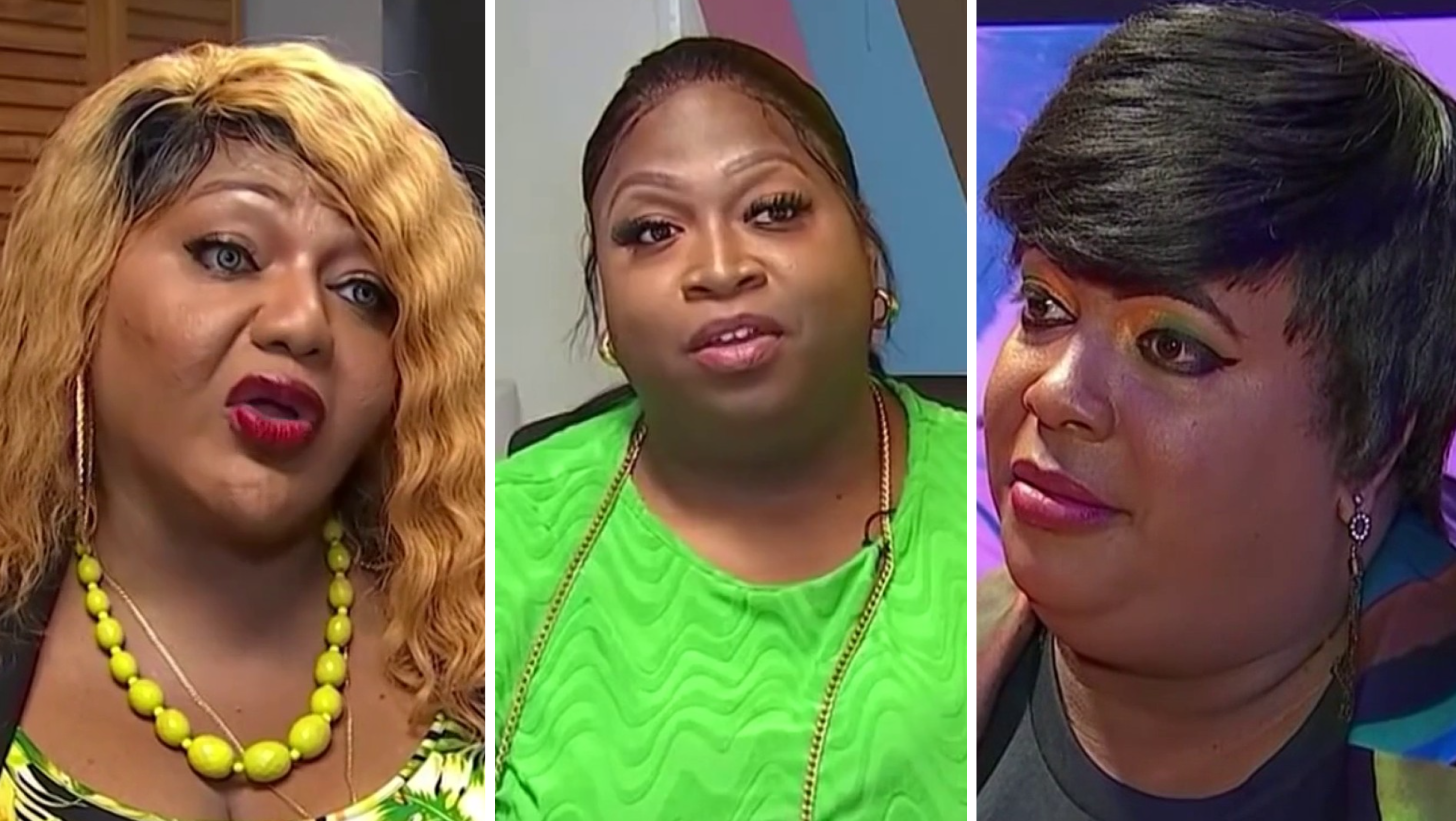What are kids learning about history in Florida’s K-12 public schools? That is about to become a contentious topic.
The state’s Education Commissioner, Richard Corcoran, says teachers should teach facts without “indoctrination” and is proposing a new rule with new standards for the history curriculum.
Watch NBC6 free wherever you are
Critics say the proposal is really designed to stifle discussion of the racism embedded in the nation’s history, known as critical race theory.
Speaking to a conservative audience at Hillsdale College in Michigan two weeks ago, Corcoran told a story about ordering new textbooks.
Get local news you need to know to start your day with NBC 6's News Headlines newsletter.
“But I didn’t think to say, OK, keep all the crazy liberal stuff out, and so now we literally have them, and they hide it in what’s called social-emotional learning, so it doesn’t say critical race theory, but you could definitely have a teacher who teaches critical race theory,” Corcoran said.
“I think there’s value in understanding the equity and the pressures, the struggles and the sacrifices that have been made in this country, then and now, all of that is part of history,” said Alberto Carvalho, superintendent of Miami-Dade County Public Schools.
Carvalho said the current Florida history curriculum is strong the way it is, but Corcoran’s proposal would limit what could be taught. In part, it says teachers “may not define American history as something other than the creation of a new nation based largely on universal principles stated in the Declaration of Independence.”
Local
“We’re passing a rule this coming month that says for the 185,000 teachers, you can’t indoctrinate students with stuff that’s not based on our standards,” Corcoran said in his Michigan speech.
“I don’t know what the genesis is for this rule, what I can tell you is teachers in Miami-Dade, and board policy in Miami-Dade, protects against any type of biased teaching of any subject,” Carvalho said.
“I think it’s problematic,” said Gary Gershman, professor of history at Nova Southeastern University. “Once you start labeling the ideas as progressive or not progressive or whatever, now it becomes a political issue, and teaching history should be to be a political issue, it should be, here is what happened.”
Gershman sees the proposal as an attempt to sanitize and simplify American history. He points to immigration as an example, saying America has always had strong, anti-immigrant factions, but kids are usually taught only about new arrivals being welcomed at Ellis Island.
“And if you don't include the nuance, if you don’t include the details, you don’t learn the story of America, which is still a great, good story, but you can’t just tell it like a fairy tale, it’s not Cinderella,” Gershman said.
The proponents of these kinds of proposals to teach a more traditional view of American history say kids shouldn't grow up hating America. I asked Gershman if he thought there was merit to that viewpoint.
“I think knowing all the warts is important and sometimes it makes you embrace what happens in the modern era more, it’s like, look where we were and look where we’ve come,” Gershman explained.
Gershman says American history is a massive success story, and as kids get into high school, he says they don’t need to be spoon-fed a sugar-coated version. Rather, they should learn what happened back then to better understand the events of today.
The State Board of Education will consider the proposal on June 10.



